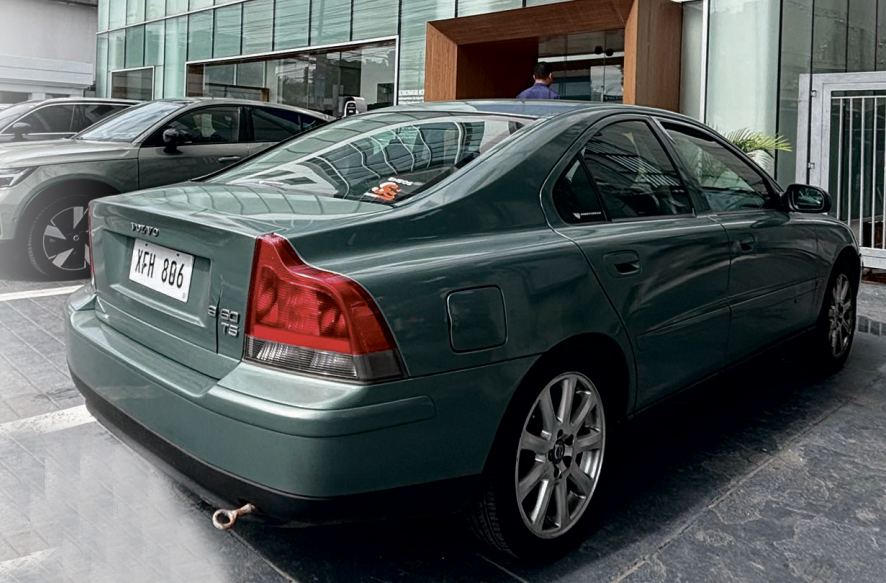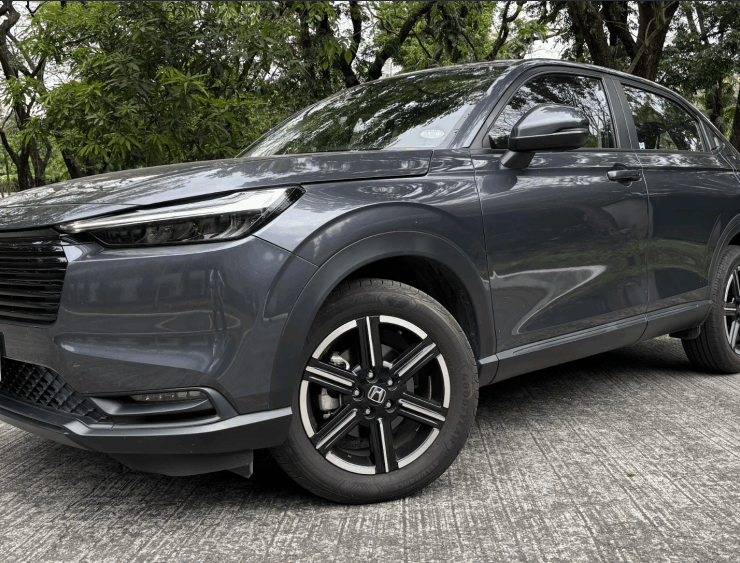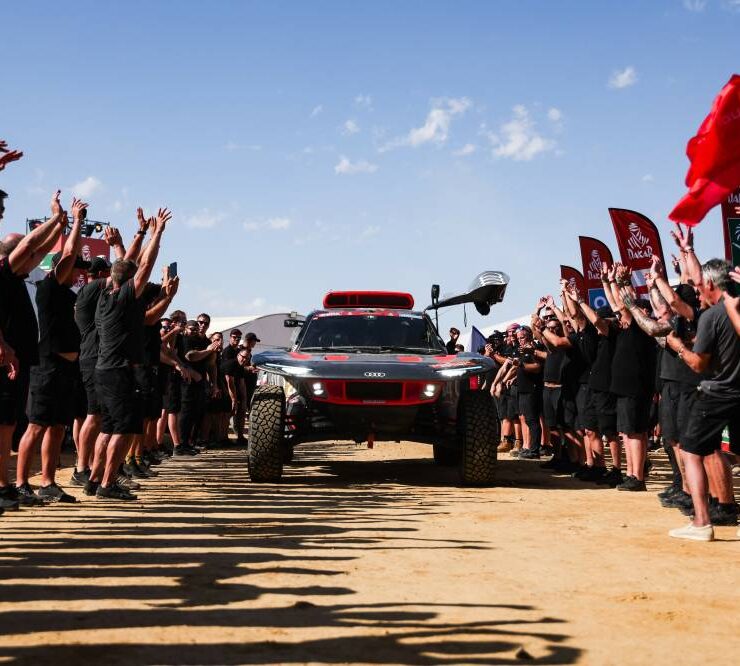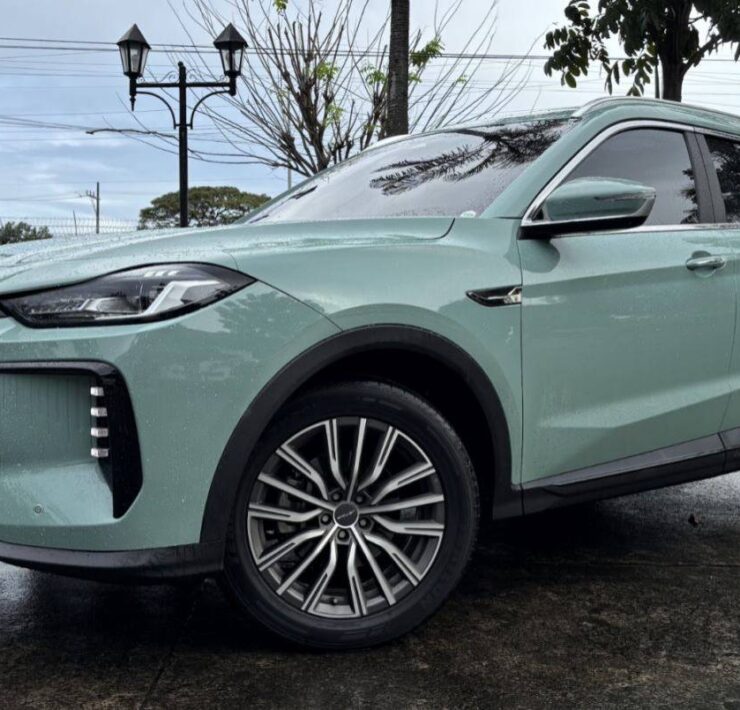How recalls can save everybody’s lives on the road

Sometimes, things just aren’t done right the first time.
This is entirely expected from, say, a four-year-old who is just learning the alphabet or (as my poor mother remembers all too well) a second-year high-school student who is completely flummoxed upon his or her first encounter with statistics.
However, this view is entirely unacceptable from, say, a doctor doing critical brain surgery or a major manufacturer that produces millions of products with potentially lethal defects. The latter is often resolved with recalls, where the defective product is repaired or replaced entirely so that it meets exacting consumer-safety standards.
This is precisely what I faced when I learned of an active airbag recall for my 2002 Volvo S60 T5 – no, the irony has not escaped me. Despite being produced by arguably the most safety-conscious automotive brand, my second-hand luxury sedan was one of the millions of cars embroiled in the world’s largest product recall, as of press time.
We show you why it’s vital for you to stay on top of recall notices, even if your car is already 23 years old.
Biggest recall ever
Japan may have one of the most attentive and detail-oriented cultures in the world, but all this was somehow forgotten by the Takata Corporation some 25 years ago.
Founded in 1933, the company had made textiles and lifelines for parachutes before entering the automotive industry in the 1960s when it started producing seatbelts. From there, it was involved in supplying various automotive safety components, including child-restraint systems and airbags.
Takata was involved in its first major controversy in 1995 when over 8.3 million cars built from 1986 to 1991 were recalled in the U.S. for defective seat-belt buckles – the National Highway Traffic Safety Administration (NHTSA) meted Takata a $50,000 fine (around P5.9 million today) resulting from this.
But 80 years after its founding, Takata would find itself at the center of a global recall that would eventually lead to its demise. Several automakers began large-scale recalls in 2013 for vehicles equipped with defective airbag-inflator units produced by Takata’s Monclova plant in Coahuila, Mexico.
Put another way, the airbags installed in selected vehicles produced from 2000 to 2015 could spontaneously explode and hurtle shrapnel into the driver and front passenger – at least 16 deaths have been linked to this. The company paid a $1 billion (around P74 billion today) settlement in January 2017 after its executives were charged in the United States.
The NHTSA issued a “Critical Do Not Drive” warning in the U.S. for the affected vehicles, while car companies in the Philippines like Toyota, Honda, Nissan and Ford have voluntarily issued recall notices. Over 100 million airbag inflators have been recalled worldwide by more than 20 automakers, as of January 2024.
The sheer scale of the scandal led Takata to file for bankruptcy in June 2017 – its remaining assets were bought for $1.6 billion (around P118 billion in today’s money) by its largest competitor, the U.S.-based Key Safety Systems, leading to the formation of Joyson Safety Systems in April 2018.
Free and fuss-free
As with all recalls, your first port of call is the authorized dealer.
In my case, it was Volvo Cars Makati – this is the sole remaining dealership of the Swedish carmaker, which is now under Hariphil Asia Resources Inc. of industry veteran Maria Fe Perez-Agudo. It was a simple case of providing my S60’s vehicle identification number and setting an appointment for my free airbag replacement.
Volvo Cars Makati was also where my S60 was purchased some 23 years ago. I got this ultra-rare T5 model, with its turbocharged 2.3-liter inline-5 engine with a hearty 247 horsepower, from a good friend who had been planning to part it out.
Given my experience saving old European cars from the clutches of the junk shop (starting with my 1996 BMW 320i), I have been patiently restoring this mint-green Swedish brick, which serves as a quiet and capacious alternative to my race-prepped German sedan. Once it was back in running condition, I drove it to the showroom on Chino Roces Avenue.
After they processed my paperwork, I took some time to check out the latest Volvo models in the showroom. The gleaming paint and fabulous Nappa leather upholstery of the mild-hybrid XC60 and XC90 crossovers were just divine, while the stylish XC40 battery-electric vehicle pointed to an exciting future for the beloved Swedish marque.
Compared to its German rivals, a Volvo doesn’t overwhelm you with insane technology or (in the case of the latest BMWs) overly fussy styling – you still get that wonderful European driving experience, but with the sheer solidity and tasteful restraint that Volvo has successfully pulled off for over three decades.
In 30 minutes, my steering wheel got the revamped Volvo logo to signify its new airbag inflator. A big shoutout to Michael Ravago, Lystra Aninag and Orly Salvador of Volvo Cars Makati for the excellent service and kind accommodation!
It goes to show that it’s never too late to send your car in for a recall, especially when your life and the lives of your loved ones and other road users are on the line.




















